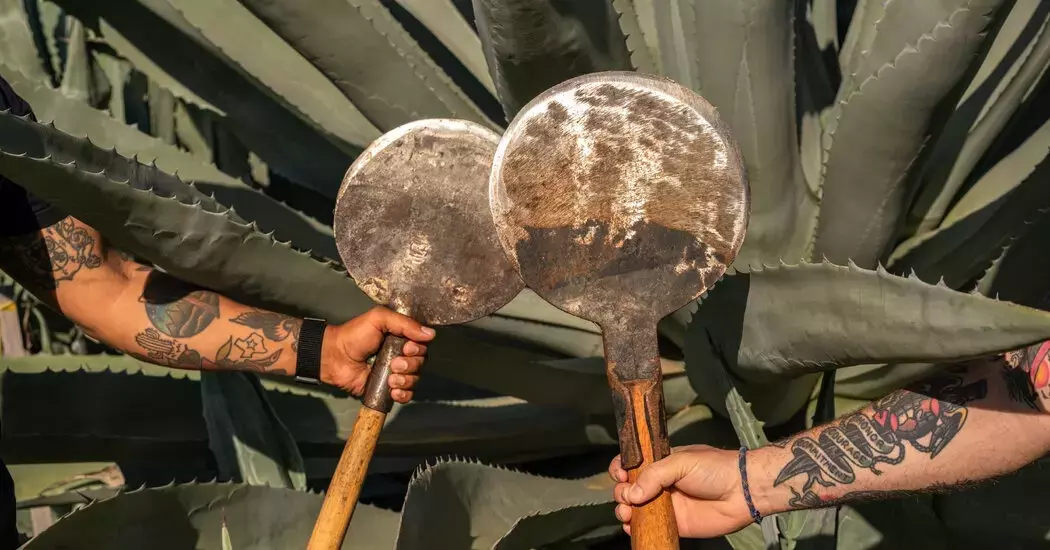
In a remarkable shift, California is embracing the cultivation of agave plants, traditionally associated with tequila and mezcal production in Mexico. Over the past few years, farmers have turned their attention to this drought-resistant crop, driven by entrepreneurs eager to establish a local agave spirits industry. With support from a 2022 state law mandating that certified California agave spirits be grown, processed, and distilled within the state, these products appeal to consumers prioritizing sustainability and local sourcing. While competing with Mexico’s massive output remains a distant prospect, pioneers like Gian Nelson and Leo Ortega are leading the charge in creating distinctively Californian spirits.
The Rise of California Agave Spirits
In the heart of California's agricultural landscape, an innovative movement is taking shape. Once confined primarily to ornamental gardens, agave plants now thrive across fields such as those in Yolo County, where Craig Reynolds, founding director of the California Agave Council, first planted Blue Weber agave in 2014. This transition reflects the growing interest in sustainable farming practices suited to California’s arid climate. Entrepreneurs like Gian Nelson, a distiller with roots in Zihuatanejo, Mexico, and Leo Ortega, who meticulously inspects his drought-tolerant crops, are instrumental in shaping this emerging industry.
A key factor distinguishing California agave spirits from their Mexican counterparts lies in geographic designation laws. Only agave spirits produced in specific Mexican regions can legally bear the names "tequila" or "mezcal." However, under the United States-Mexico-Canada Agreement, qualifying products enjoy tariff exemptions. Although other states like Texas and Arizona have entered the market, they cannot match Mexico’s staggering production numbers—nearly 300 million bottles exported globally in 2024, with over 250 million destined for the U.S. alone. Despite this challenge, California’s focus on authenticity and locality offers unique opportunities for growth.
From a journalist's perspective, the rise of California agave spirits exemplifies how innovation and adaptability can redefine traditional industries. By emphasizing sustainability and regional pride, these producers not only contribute to environmental stewardship but also foster a sense of community identity tied to their craft. As this nascent industry matures, it serves as a testament to the power of visionaries willing to challenge conventions while respecting time-honored traditions. The journey ahead promises exciting developments that could inspire similar movements worldwide.
